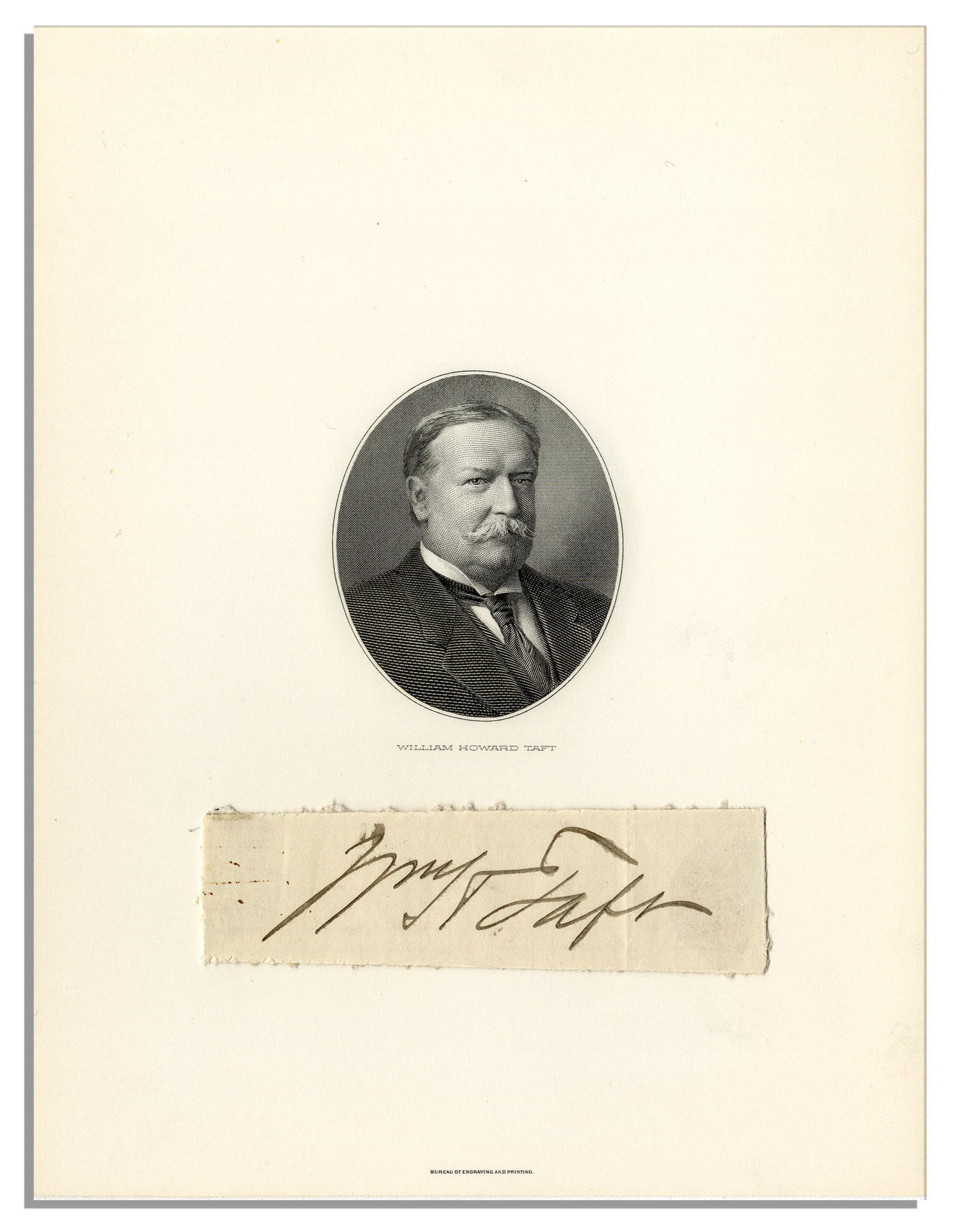

Jonathan Lurie's new book, William Howard Taft: The Travails of a Progressive Conservative, is a welcome addition to the long-overdue reevaluation of this remarkable political life. Our modern federal judiciary-centrally organized from the Chief Justice down to the Circuit and District Courts, with nearly plenary discretion over the cases it hears, even the marble temple that houses the Supreme Court-is substantially the result of Taft's institutional vision and lobbying efforts as Chief. The exception to this trend has been the plentiful work on Taft's administrative reforms of the Supreme Court. His jurisprudence has received scattered attention in the law reviews, much of it by Yale Law School Dean Robert Post (from whom a book on the subject is supposed to be forthcoming). Alpheus Mason's 1964 book, William Howard Taft: Chief Justice, is the only thorough account of Taft's tenure on the Supreme Court. Coletta's The Presidency of William Howard Taft in the American Presidents series published by Times Books), there are only two other treatments of his term as chief executive: Donald Anderson's 1973 William Howard Taft: A Conservative's Conception of the Presidency, and Henry Pringle's 1939 biography, the only comprehensive treatment of Taft's life and political work. Besides Lewis Gould's recent The William Howard Taft Presidency (2009 which replaced Paolo E. In the eight years between leaving the White House and his confirmation to the Supreme Court, he was a professor at Yale Law School and president of the American Bar Association.ĭespite this extraordinary résumé, Taft has received scant scholarly attention since his death in 1930, less than five weeks after retiring from the Court. civil governor of the Philippines, secretary of war, president of the United States, co-chairman of the National War Labor Board during World War I, and, finally, Chief Justice of the U.S.

Judge for the Sixth Circuit, president of the Philippine Commission under William McKinley, first U.S. He was an assistant prosecutor in Ohio, Ohio Superior Court Judge, Solicitor General of the United States, U.S. After getting his start in Republican machine politics as a federal collector of revenue-"ike every well-trained Ohio man, I always had my plate the right side up when offices were falling"-he spent the rest of his life in one eminent public office after another. William Howard Taft, the only American to serve in the highest office in the executive branch and the highest in the federal judiciary, had a career as remarkable as it is neglected.

A review of William Howard Taft: The Travails of a Progressive Conservative, by Jonathan Lurie


 0 kommentar(er)
0 kommentar(er)
